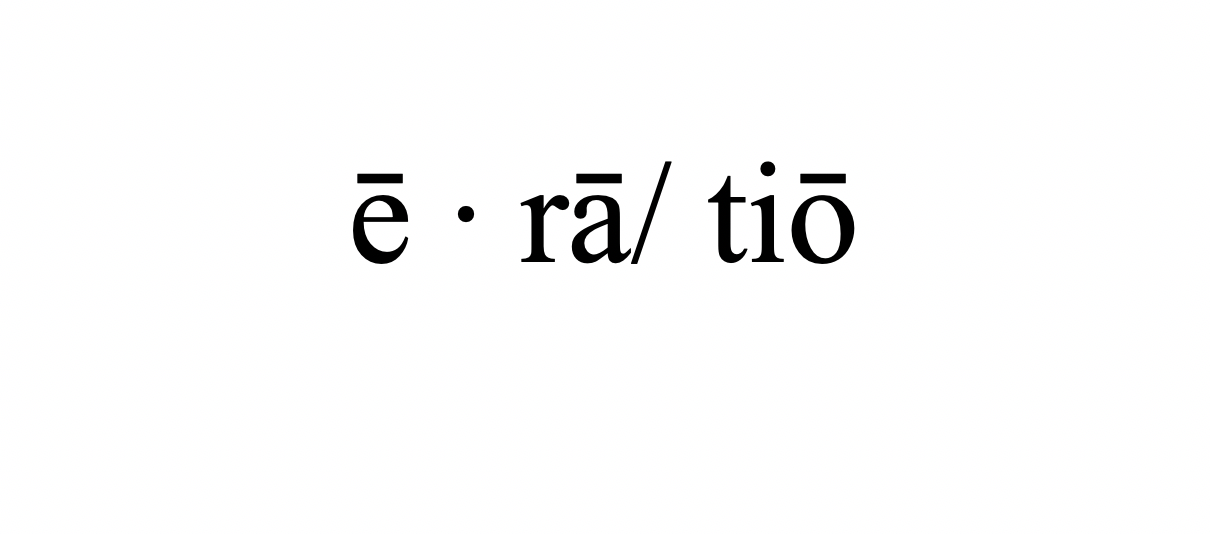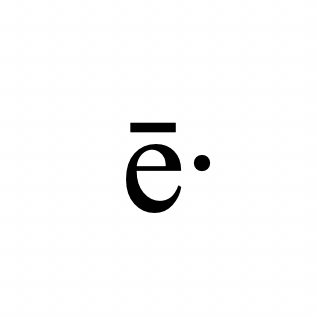Borrowed Scenery
Wilna Panagos
and as the journey across Mount Parnassus is a very short one, like being alive for fifty years, or licking a knife, the jump cut is the correct device. Here Parnassus is clove brown on the one side, (number one hundred and nine in Werner’s Nomenclature, like the head of a kestrel), and leek green on the other side, (colour number forty eight), a liminal green, like fog and the wishes between no longer and not yet.
All beyond this is simply flax flower blue, (blue number thirty), or Michael Ondaatje blue. Remorse blue and garish melancholy and Zelda Fitzgerald’s blue dress. All beyond this is portentous and fabulous, inhabited by poets and mythologers, and there is nothing true or certain! howls Plutarch. And ghosts, says ghost number seven. In the borrowed scenery there are ghosts. The borrowed scenery incorporates the background landscape into the composition of the garden, the ghost says. In the borrowed scenery there are one thousand voices, scraps of beryl and lapis lazuli scattered on the floor, a bony moon, and when you least expect it, there will be a little sword called Gladius. The two fragments of blue, which you have published separately on pages twenty two and twenty six, belong together! shouts Andrew Lang.
The borrowed scenery requires the presence of an object to be captured alive, chant ghosts number six and seven in singsong voices. The four categories of borrowed scenery are distant borrowing (mountains, lakes, forests, volcanoes, all the rain and the howling wolves, Montparnasse), adjacent borrowing (the buildings and the flowering hedges and trees across the street, the ark of Deucalion parked in the driveway, Orpheus’ eight beautiful aunts and the nine Muses with their arms full of shiny, gift-wrapped forgetfulness), upward borrowing (clouds, stars, moon, all of the blue, Pegasus, a Russian rocket with the dog Laika inside), downward borrowing (rocks, ponds, Greek topography, Dante’s inferno).
And there is the foolish fire with the kissing gate trapped between its arms. There is Palamedes, the shipwrecker and inventor of backgammon, and Greek Menander, frantically writing more comedies. There is Pseudo-Plutarch infernally muttering the Dialogue of Pessimism (or Praise of Hesitation), sniveling about choosing between non-existence and existential futility. There are the uneaten Madagascan sheep, the incarnations of human souls, there is Ingrid Jonker walking into the sea today, fifty eight years ago, without looking back. And there is the weight of the world. It weighs nothing at all. It is bliss blue. So damn blue.
Wilna Panagos lives in Pretoria, South Africa. Her work has appeared widely including in E·ratio 26, in three Medusa’s Laugh Press anthologies, and in Hobo Camp Review’s Ten Year Anniversary Anthology. Long ago she wrote and illustrated a few children’s books and more recently something which may be described as a nouvelle vague transmogrification of The Divine Comedy, a postmodern experimental polyphonic florilegious pastiche. Her Facebook alter ego is facebook.com/mariahelena.havisham.

